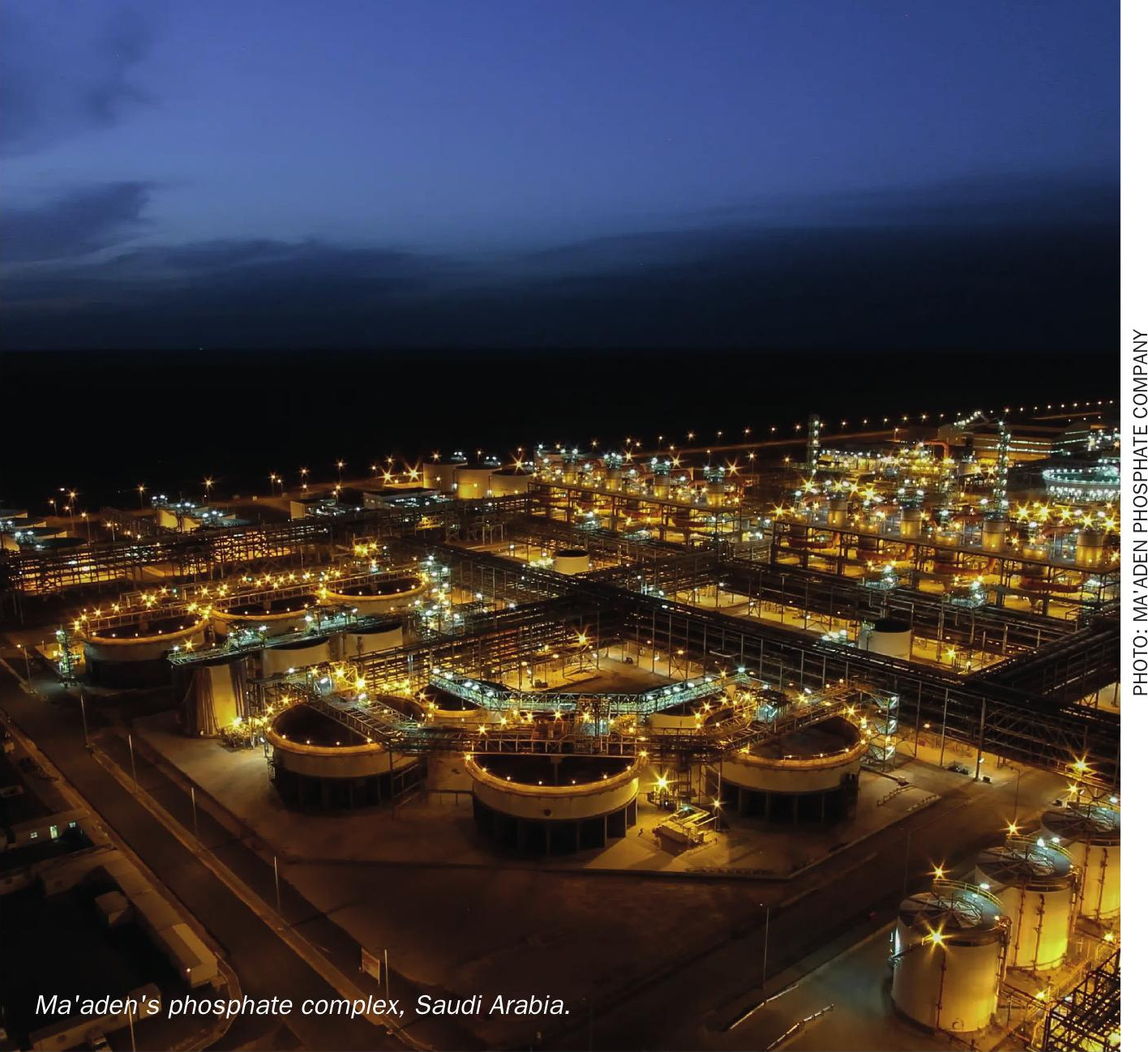Sulphur 417 Mar-Apr 2025

19 March 2025
Yara to suspend acid, phosphate production at Cubatão and Paulínia
Yara says that it plans to wind down production of phosphate fertilizers and sulphuric acid at two sites in Brazil; Cubatão and Paulínia. The sites are expected to cease production by 3Q 2025, as part of what Yara describes as a strategy to concentrate on more sustainable operations focused on its main activity: the production of nitrogen fertilizers. At Cubatão, the suspension will affect unit 3 and the phosphate plants of unit 2, while units 1 and 2, responsible for the production of nitrogen, in addition to the mixer (unit 5), will continue to operate normally. Yara reported a net loss of $290 million in 4Q 2024, down $536 million from the $246 million profit it made in 4Q 2023. Revenues are down 11% for the year, leading Yara to announce a cost reduction and investment program of $150 million, with the aim of optimising its operations and focusing on strategic areas to ensure long-term sustainability. At the same time, the company has begun renewable ammonia production at Cubatão.





